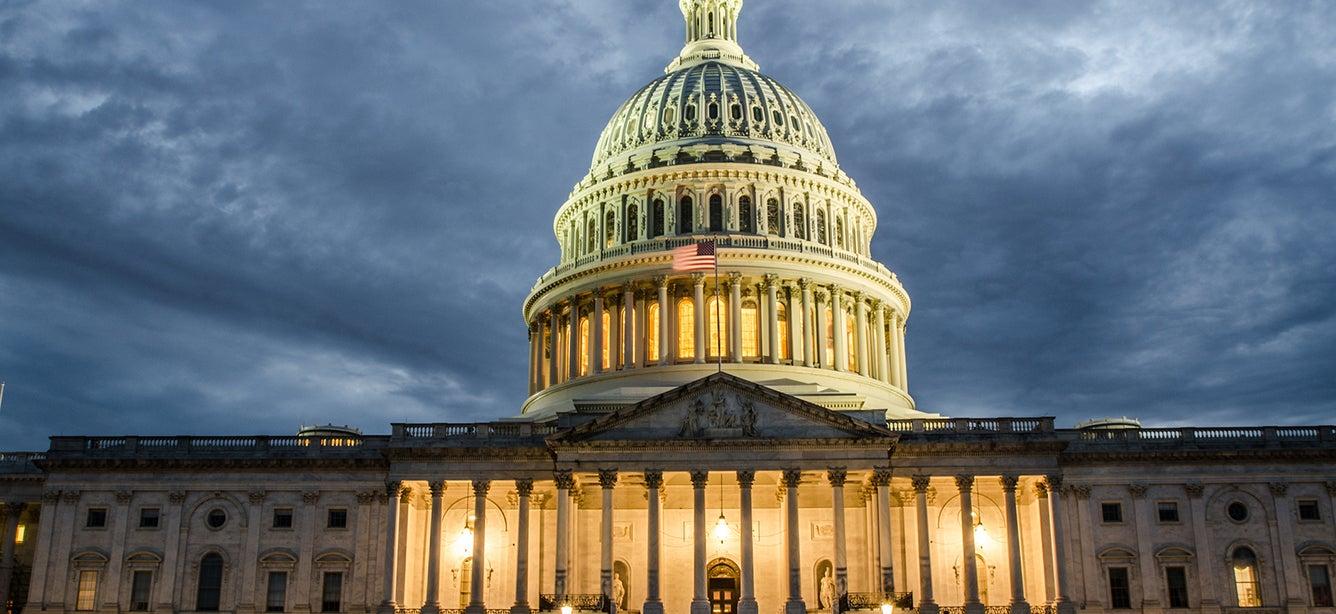
With the end of Budget Control Act funding caps, new leadership in the White House and Congress, advocates had hoped that aging services would finally benefit from significantly increased appropriations for fiscal year 2022 (FY22).
Unfortunately, the omnibus federal appropriations bill signed by President Biden on March 15 was less than originally proposed by Congress.
While there are some investments, most programs are funded at current levels. The investments include:
- $6 million increase for Supportive Services and Senior Centers (OAA III-B)
- $15 million increase for Home-Delivered Nutrition Services (OAA III-C)
- $5 million increase for the National Family Caregiver Support Program (OAA III-E)
- $1 million increase for the Long-Term Care Ombudsman Program (OAA Title VII)
- $1 million increase for the Medicare State Health Insurance Assistance Program
The law also includes some policy changes that benefit older adults, including:
- Extending flexibilities for Medicare coverage of telehealth
- Authorizing a new Federal Trade Commission office to monitor and prevent fraud targeting older adults
Nearly a year ago, NCOA laid out the rationale for increasing funding for the services that older adults and their caregivers rely upon, to reverse over a decade of underfunding and begin to meet the needs of the older adult population.
The Biden Administration requested increases for core Older Americans Act (OAA) and related aging services, and House appropriators matched or exceeded many of those levels. Draft appropriations bills released by Senate appropriators reflected the pressures for parity in increases for both non-defense and defense programs, and fewer aging services programs were slated for significant investments as a result.




